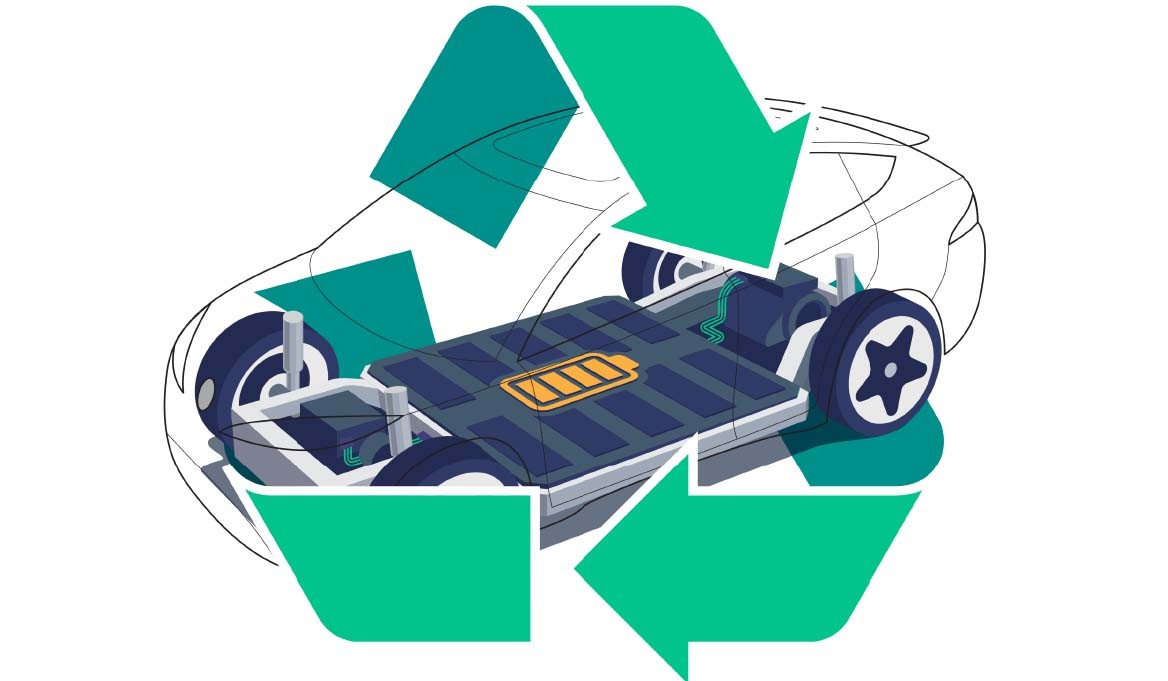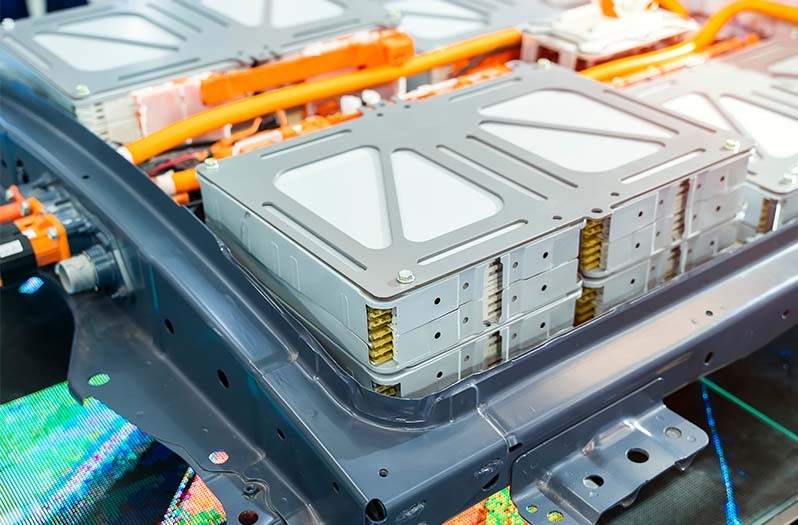What happens to used lithium-ion batteries from electric cars?

Old standard batteries for domestic use contain harmful and environmentally hazardous substances, for example lead, mercury or cadmium. Therefore, you cannot just dispose of them in the household waste. If you want to dispose of batteries, you have several options in most countries. In supermarkets, for example, or at recycling centres, used batteries can usually be handed over free of charge. It's still not quite that simple with lithium-ion batteries from electric cars. In fact, there are already huge numbers of used traction batteries or rechargeable batteries being disposed of today.
Most car manufacturers recommend replacing the traction battery in an electric car after 8 to 10 years, some manufacturers even say 15 years. Since electromobility has only grown significantly in recent years, it may have been expected that it’d be a few more years before there would be a large number of batteries to dispose of. Yet waste management companies are already being overrun. "We’d never have thought that these quantities would have accumulated after such a short time," the managing director of a recycling company recently admitted, on behalf of his company. In the meantime, numerous companies are investing in battery recycling.
What happens to old lithium-ion batteries? In principle, there are two options: recycling the raw materials contained in the batteries and reusing the lithium-ion batteries that have been sorted out.
Second life: Secondary use of lithium-ion batteries
Reusing batteries – also known as the "second life" method – is an exciting option, also because it is not possible for any recycling process to be completely free from residual materials. Here, the batteries continue to be used in stationary operation. Reusing batteries is particularly suitable because most batteries still have an energy content of 70 to 80 per cent of their original capacity when they’re sorted out.
Since the batteries are subjected to much less load in stationary operation, they can be used like this for well over 10 years. The sorted lithium-ion batteries are then used, for example, in private households or in industrial applications.
But even batteries that have been allowed to live a second life will face the last step at some point: the battery will be recycled.
